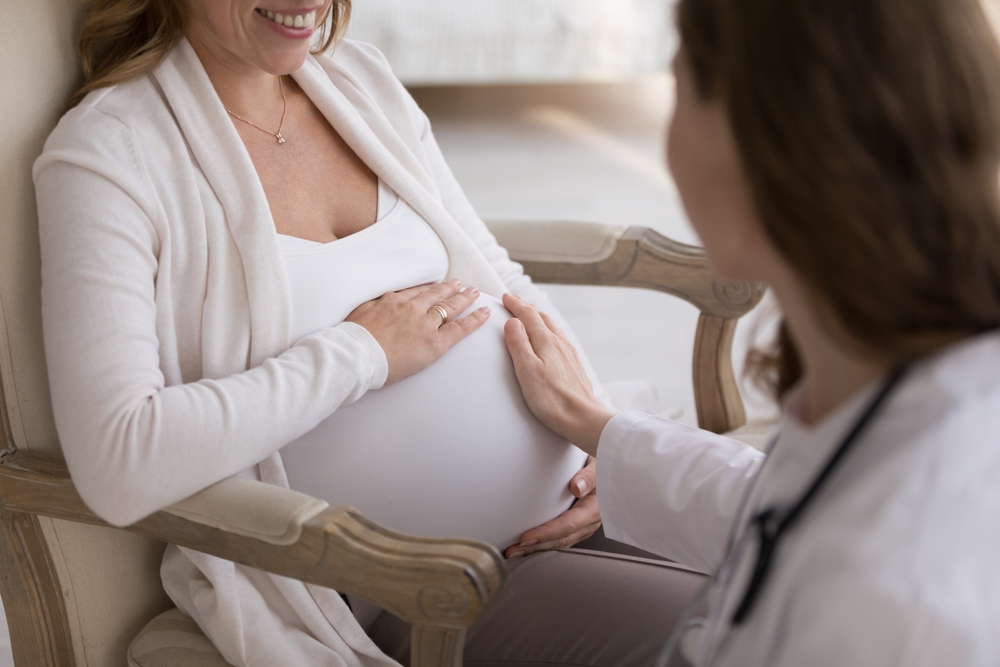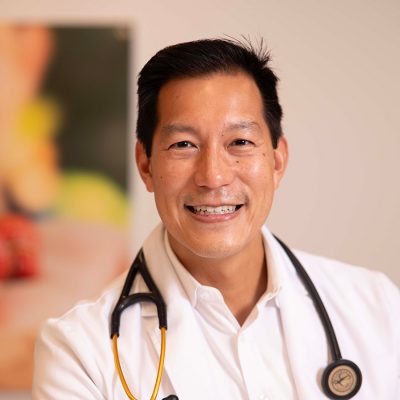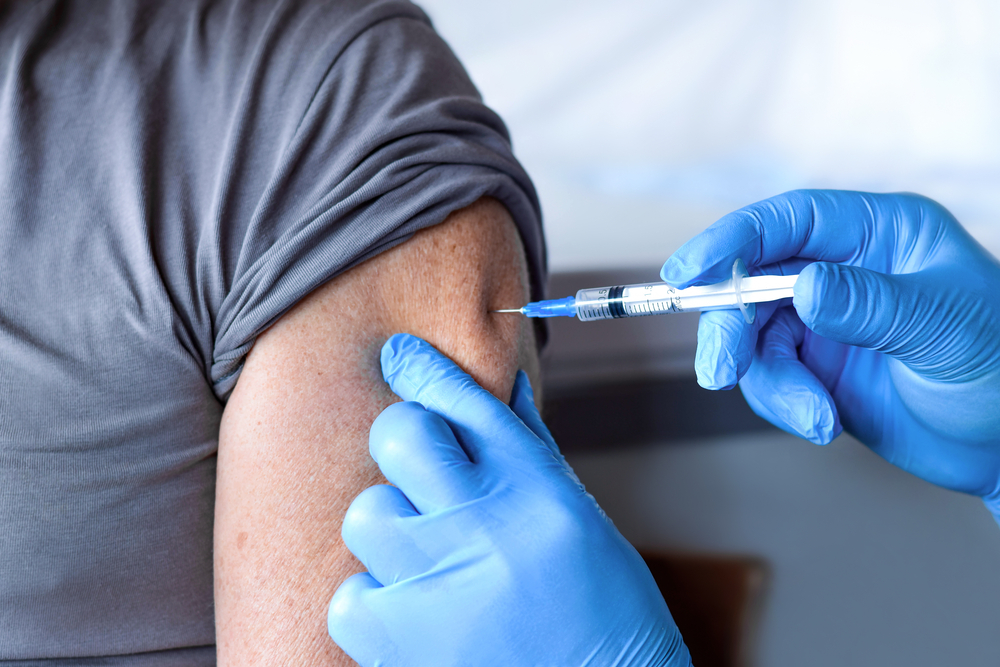Open Door Family Medical Center began offering midwifery care in 1991, and later hired our first midwife in 2003. By October 2023, Open Door’s midwives had delivered their 10,000th baby. At a time when the birth rate in the U.S. has declined, Open Door’s midwifery team continues continue to grow, delivering more than 350 newborns a year.
As midwives build a relationship with patients, patients get better understanding of the full scope of care midwives can provide.
“I think most people understand that midwives deliver babies,” said Judy Dalton, who has worked as a midwife for nearly 30 years, the last 18 at Open Door. “But not everyone realizes that we’re full-service health care providers. We are there at the time of birth, which of course is the most important and integral, and providing prenatal and post-partum care, but we offer care and advice for women throughout their lives.”
Midwives provide women’s health care from puberty, before, during and after pregnancy and continue straight through to menopause. This includes cancer screening providing information about family planning and preconception counseling, as well as care during pregnancy.
Education is at the heart of what midwives do, which includes teaching their pregnant patients the importance of pre- and post-natal care and breastfeeding. Ideally, a pregnant woman at Open Door will see a midwife from the time she first learns she is pregnant and continue with post-partum care after giving birth.
The Benefits of a Midwife
In addition to higher rates of patient satisfaction, data shows that with midwives, there is a decrease in Cesarean births; a reduction in the rate of inductions, infant mortality and risk of preterm births; and less of a need for anesthesia. Midwives are also associated with higher breastfeeding rates.
“As midwives, we listen to our patients’ desires and needs,” said Dalton. “We find out what they want out of their pregnancy, what they want during the birth, and we work to accommodate their birth plan of care.”
Patients agree. “They really get to know you,” said Michelle Uzhca, who had each of her three children delivered by an Open Door midwife, her son, Noah, being the Open Door’s team 10,000th birth. “I didn’t know much about midwives before, but it’s really worked out well each time.”
While there is a general misconception that midwives only deliver at home, in fact, midwives can deliver at home, in birthing centers or in a hospital setting. Open Door midwives are hospital based and on call 24-7 at Phelps Hospital.
Midwives vs. Doulas
Many people confuse midwives and doulas or use these terms interchangeably. While both support expectant mothers, they have different roles.
Both midwives and doulas provide physical, emotional, and informational support throughout pregnancy, childbirth, and after delivery. They may offer relaxation techniques, massage, and breathing support. However, the main difference between them is their qualifications and credentials.
Midwives in New York State must hold certifications and all have post-graduate training in midwifery. They serve as clinical providers throughout the pregnancy journey—during antepartum care, labor, delivery, and postpartum periods. This distinguishes them from doulas, who provide emotional support and comfort but not clinical care. Dalton for example was a labor and delivery nurse prior to obtaining a Masters degree and Post-graduate certification in midwifery.
A resurgence in midwifery sprung up in the 1970s, alongside the feminist movement. Today, midwifery continues to develop across the New York metropolitan area and beyond. The profession requires completion of graduate-level education, with 46 accredited midwifery education programs available throughout the country. According to the College of Nurse-Midwives, the profession’s governing body, there are only 12,000 certified nurse midwives in the U.S. (not all of whom work in hospital settings).
In Dalton’s case, “I never considered doing anything else,” she said of becoming a midwife. In high school, she remembers doing a report on natural childbirth and childbirth education. “It’s just something I always wanted to do,” she said. “It’s a calling. I love it. And, it’s a privilege to be with families when they first see the birth of their baby and become a family, to be witness to the miracle of life on a daily basis.”




